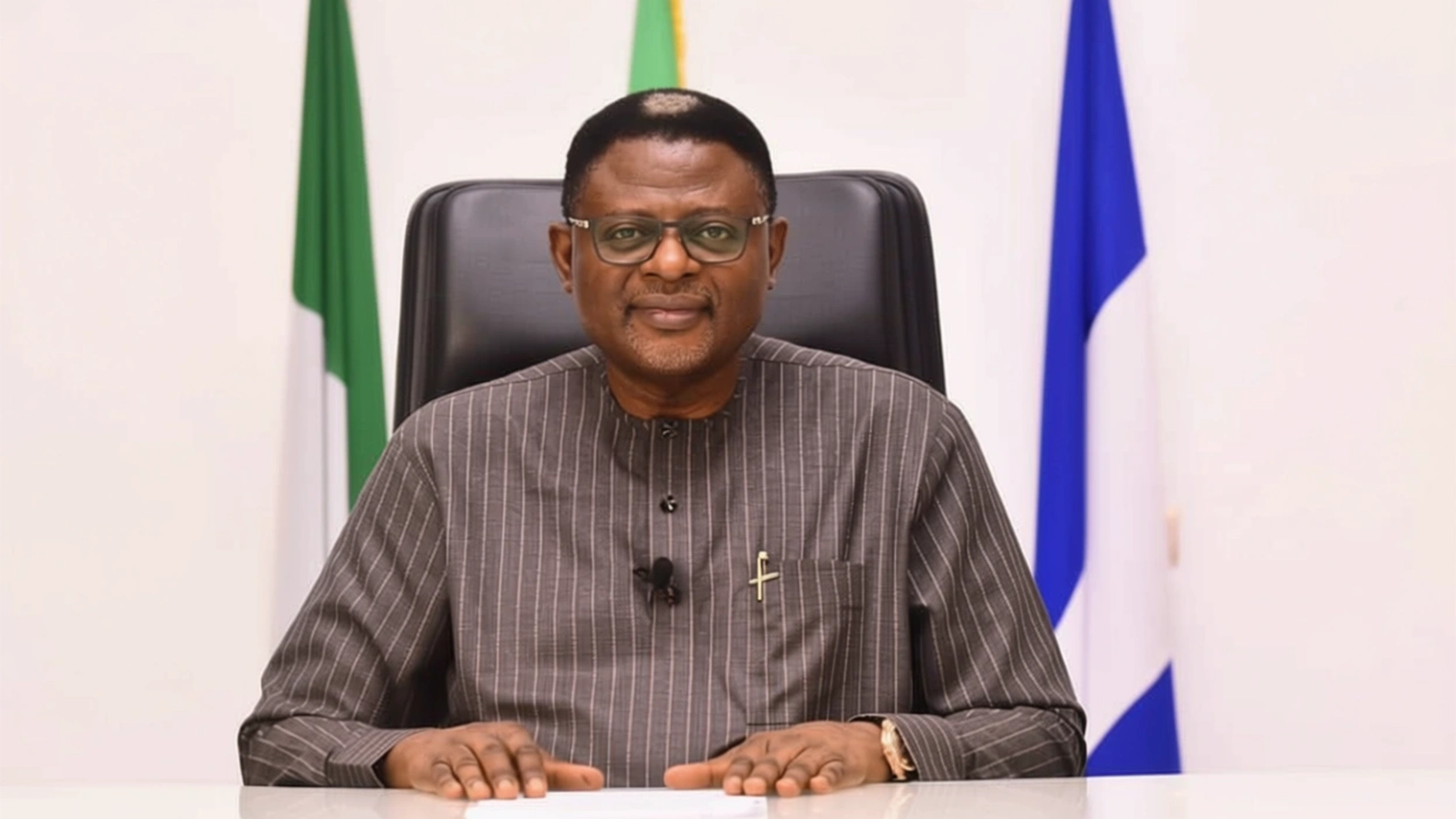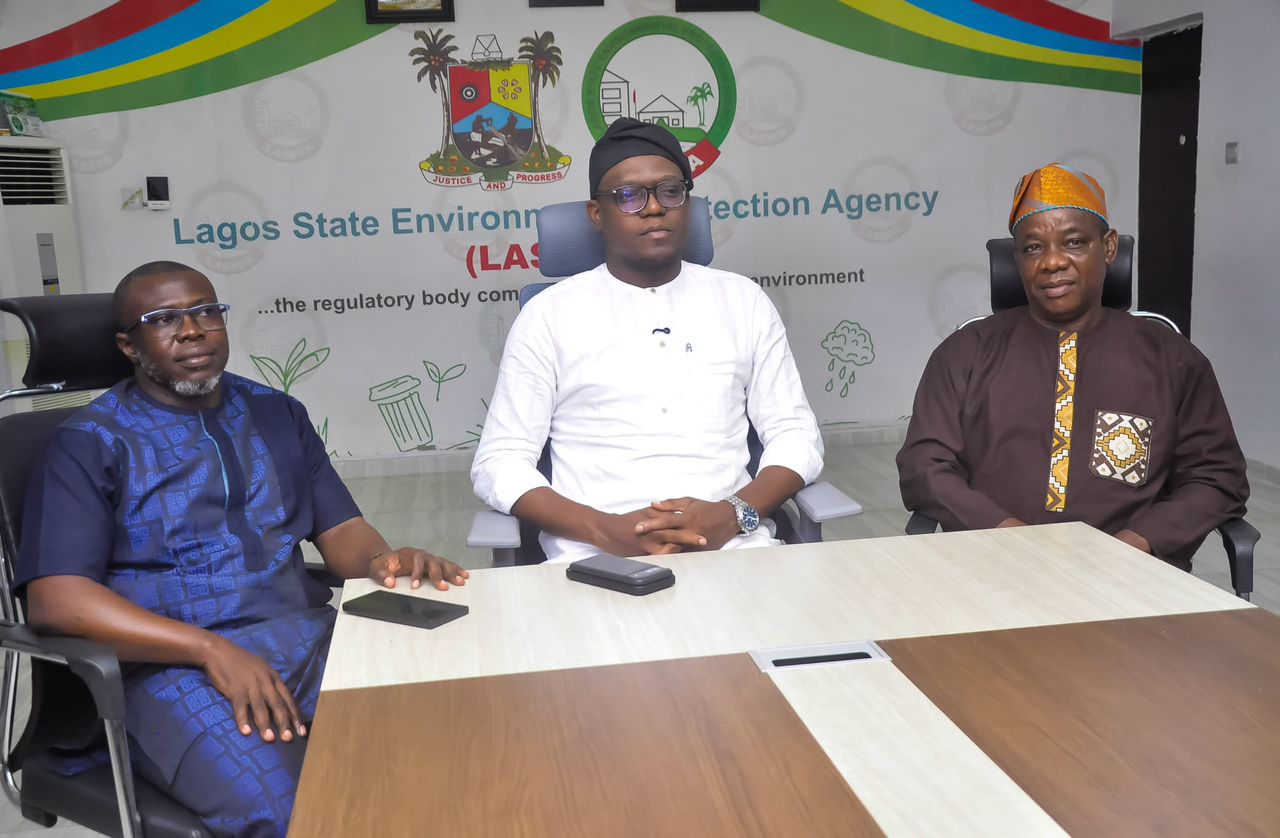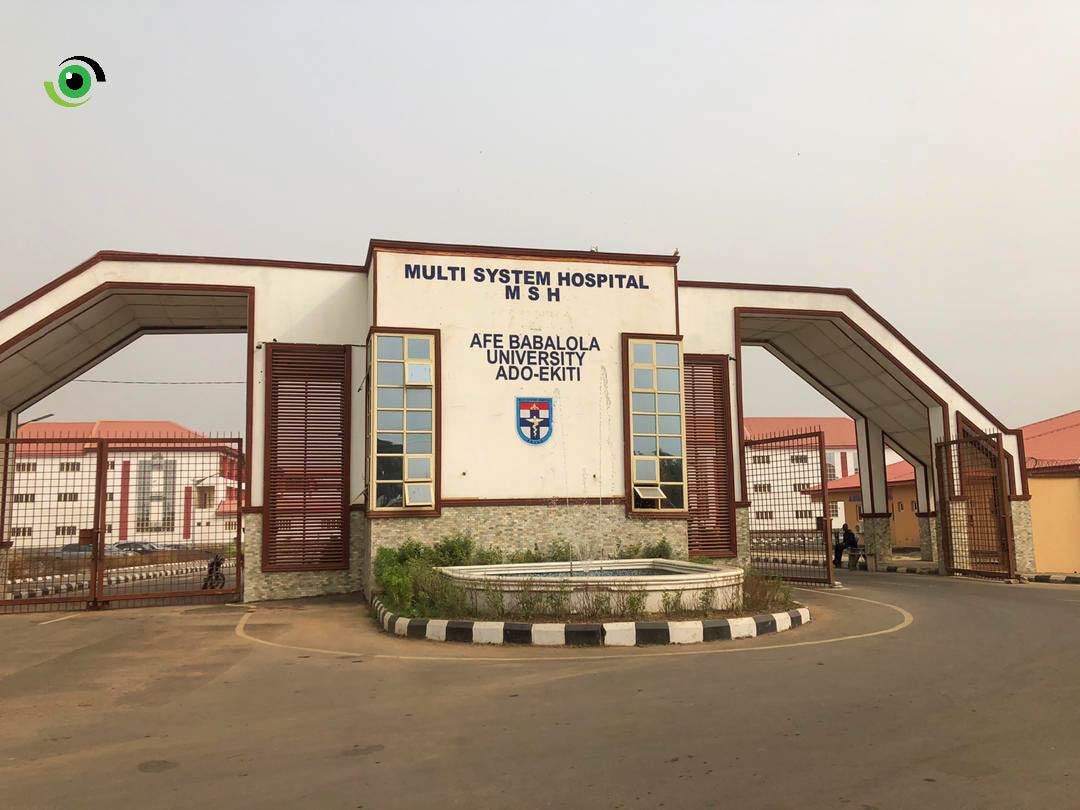Barely a month to the end of 2025, the Vaccine Network for Disease Control (VNDC) has raised the alarm over the Federal Government’s failure to release funds for immunisation, warning that the delay could trigger vaccine shortages and reverse gains in child health coverage.
The Chief Executive Officer of VNDC, Chika Offor, disclosed that despite a N231 billion budgetary appropriation for immunisation in 2025, no funds have been released, while only 25 per cent of the 2024 allocation has been disbursed.
Speaking at the Pre-Summit on the Sixth Legislative Summit on Health and the Legislative Roundtable on
Climate, Environment, and Sustainable Health, organised by the World Health Organisation (WHO), Federal Ministry of Health and Social Welfare (FMOH), and the Nigerian Environmental Summit Group (NESUG), Offor lamented that routine immunisation, which she described as a “global public good,” was being neglected.
She noted that immunisation is critical to protecting Nigerian children, with an ambitious national target of reaching 106 million children. “So far, only 36 million children have been reached. If funds are not released soon, the country will face severe vaccine shortages,” she warned.
Offor urged the Federal Government to urgently release funds for vaccine procurement and called for predictable and protected financing mechanisms that make health funding untouchable once appropriated.
She proposed that immunisation and other essential health commodities be placed under first-line charge, similar to the Basic Healthcare Provision Fund (BHCPF), which currently receives one per cent of consolidated revenue.
“We can push for an additional 1 per cent to make it 2 per cent, dedicated to vaccine and health commodities,” she said. “But vaccine programmes cannot work in isolation. If immunisation funds are not released to procure vaccines, we have failed.”
Offor emphasised that fenced, legally protected health funding would ensure transparency, timeliness, and sustainability in Nigeria’s immunisation programme.
In his keynote address, the WHO Representative in Nigeria, Dr Pavel Ursu, stressed the need for climate-resilient health systems and sustainable financing mechanisms to achieve Universal Health Coverage (UHC).
According to Ursu, climate change has already become a public health crisis, intensifying floods, heatwaves, and disease outbreaks that threaten Nigeria’s healthcare infrastructure and progress toward health equity.
“The fingerprints of climate change are everywhere from cholera and meningitis to malaria, respiratory illnesses, and malnutrition,” he said.
He cited findings from the 2024 National Climate Health Vulnerability and Adaptation Assessment, jointly conducted by WHO, FMOH, and the UK’s Foreign, Commonwealth and Development Office (FCDO), which showed that up to 21 per cent of Nigeria’s total disease burden could be linked to climate change if urgent adaptation measures are not implemented.
Represented by the WHO Deputy Country Representative, Dr Alexander Chimbaru, Ursu reaffirmed the organisation’s commitment to supporting Nigeria in building climate-smart, energy-resilient, and sustainably financed health systems anchored on legislative accountability.
He highlighted that at COP28, health was elevated to the forefront of global climate discussions for the first time, with Nigeria joining over 120 countries in committing to integrating health resilience into national climate policies.
Ursu called for legislative frameworks to ensure that new health facilities are designed as green and energy-efficient buildings and that state budgets prioritise climate-resilient infrastructure.
He also urged the creation of dedicated funds for climate-health research, innovation, and local adaptation.
He further proposed the establishment of climate-health trust funds, green bonds, and public-private partnerships (PPPs) to mobilise additional resources beyond traditional health budgets.
“The health sector cannot work in isolation,” Ursu added. “We must collaborate across energy, environment, and finance ministries, while empowering states and local governments to implement adaptation strategies grounded in science and community needs.”






